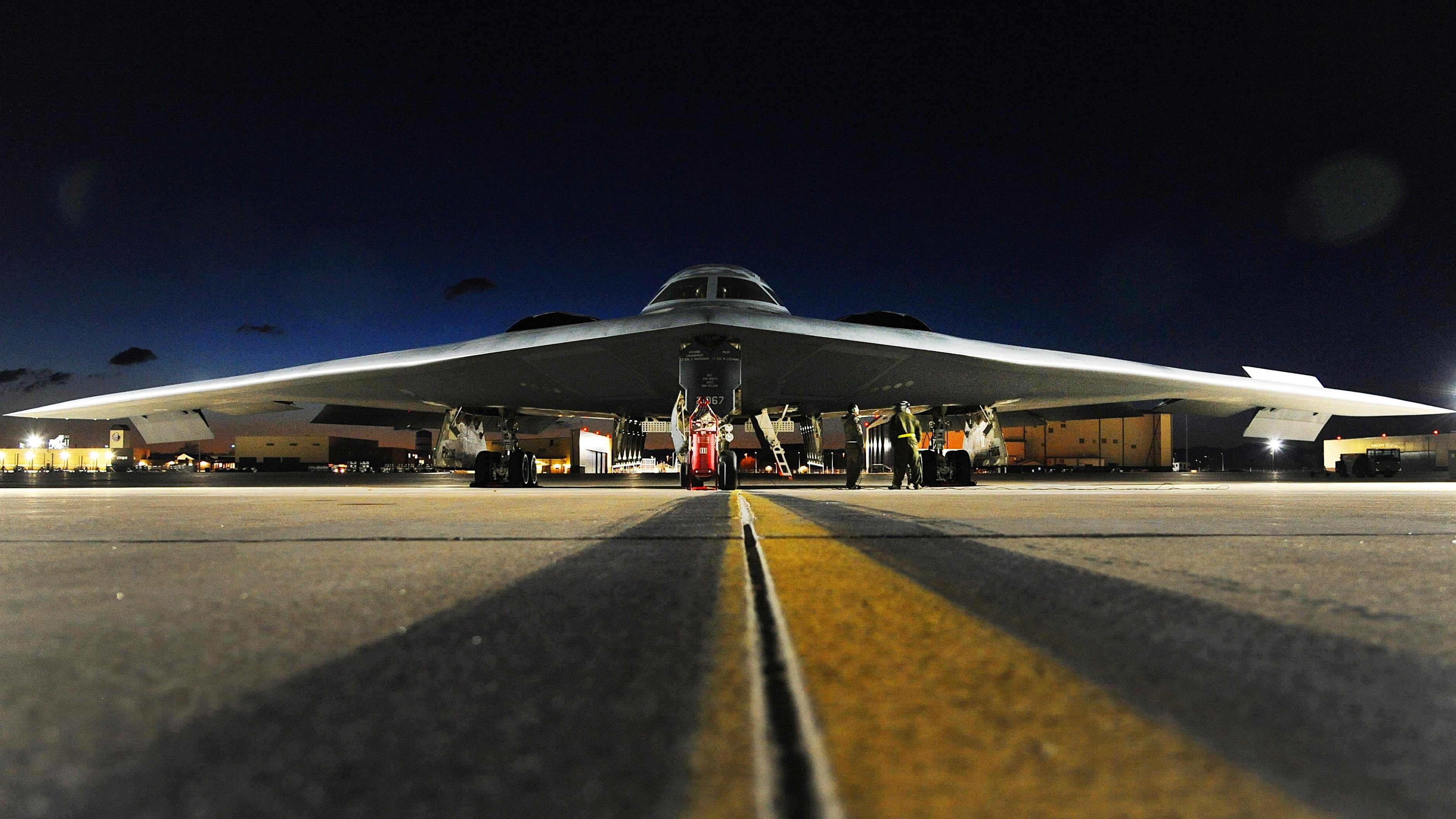The infamous 2007 incident in which six nuclear weapons were unknowingly flown on a B-52 out of Minot Air Force Base, North Dakota, to Barksdale Air Force Base, Louisiana, was one of the Air Force’s biggest black eyes, and led to the unprecedented, simultaneous firing of the then-secretary and chief of staff.
But whatever you do, don’t refer to that embarrassing episode as the “Minot incident,” according to a recent presentation on the nuclear enterprise at the Airman Leadership School. Same goes for the 2006 incident in which sensitive nuclear missile components were mistakenly shipped to Taiwan.
“DO NOT refer to the nuclear-related incidents as the Minot and Taiwan incidents,” stated one of the presentation’s slides, which was posted on the unofficial Air Force amn/nco/snco Facebook page June 20. “This is no longer politically correct.”
The proper way to refer to those incidents, according to the presentation is either “the unauthorized movement of nuclear weapons in 2007,” or “the miss-shipment [sic] of sensitive missile components in 2008.” (The slide also apparently got the year of the Taiwan incident — oops — wrong.)
Air University spokesman Phil Berube confirmed the slide was shown at an ALS, but said they didn’t know which location.
The slide was “locally generated” Berube said, and not part of the official curriculum provided to ALS instructors. But, he said, the information in it came from guidelines provided to instructors.
“Saying the information was ‘politically incorrect’ is a poor choice of words, as that has no bearing on this case,” Berube said.
RELATED

But while that may have been phrased badly, Berube said, the broader point intended by the slide stands: The importance of properly handling nuclear weapons and related materials is an Air Force-wide issue, and the intent was to not “marginaliz[e] the experience to those locations.”
“The holistic guidance provided to instructors was to note the systemic issues across the Air Force through citing examples, not to use the examples as stand-alone issues that detract from the larger conversation,” Berube said.
In August 2007, a B-52 from Minot’s 5th Bomb Wing was supposed to transfer unarmed air-launched cruise missiles to Barksdale to be decommissioned. But the munitions loaders accidentally attached nuclear-armed missiles to the pylons. After the B-52 landed at Barksdale, the missiles sat unguarded on the tarmac for 30 hours before anyone realized what had happened.
A number of Air Force officers, including the 5th Bomb Wing commander, two group commanders and the 5th Munitions Squadron commander, were fired, and dozens more officers and airmen were punished as a result. And on June 5, 2008, Pentagon leadership forced then-Chief of Staff Gen. T. Michael Moseley and Secretary Michael Wynne to resign.
The Air Force also disciplined at least 15 senior officers, including six generals, following the mistaken shipment of ballistic missile fuses to Taiwan in 2006.
In that incident, airmen at F.E. Warren Air Force Base in Wyoming shipped the fuses to Hill Air Force Base in Utah in 2005. There, they were misidentified as helicopter batteries due to incorrect labels and classifications, and were placed in unclassified storage.
A year later, airmen at Hill shipped the fuses, which were encased in ballistic missile nose cones, to Taiwan.
Stephen Losey is the air warfare reporter for Defense News. He previously covered leadership and personnel issues at Air Force Times, and the Pentagon, special operations and air warfare at Military.com. He has traveled to the Middle East to cover U.S. Air Force operations.




